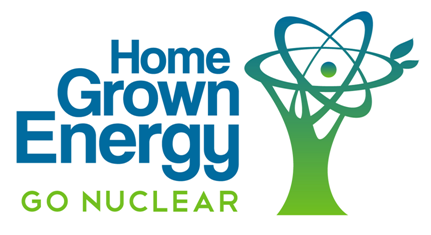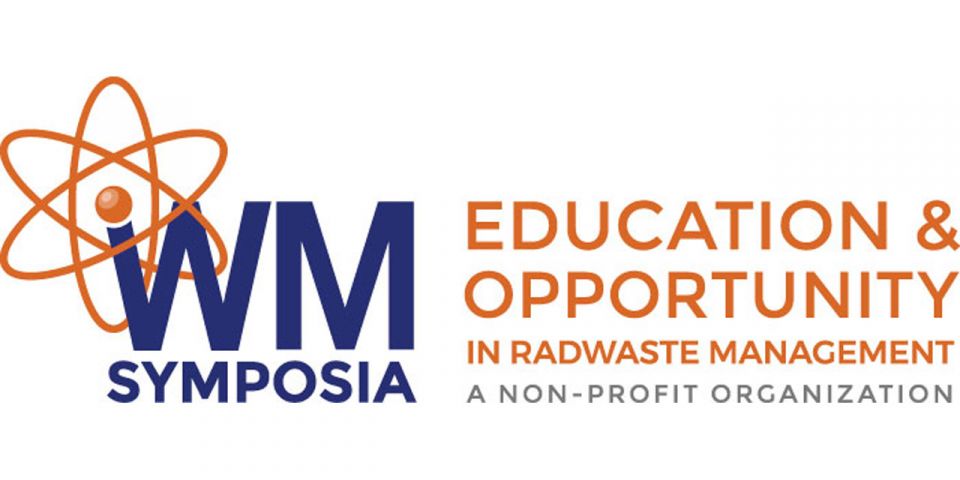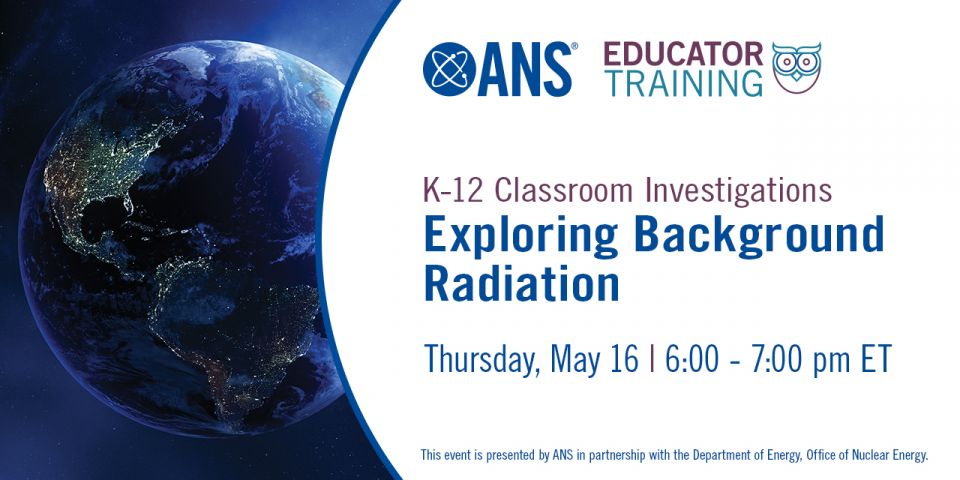Sowing the seeds of curiosity
I have no special talents. I am only passionately curious.
~Albert Einstein
Everyone can remember at least one teacher from childhood who actually made learning fun rather than a task, and inspired students to keep digging for more knowledge after the bell had rung. Really good teachers do more than just teach-they sow the seeds of curiosity.
For me, it was my seventh grade biology teacher, Mrs. Smith. Every class was something new and exciting (cell-shaped cakes, anyone?).
Her enthusiasm for science was contagious, and for me it began a deep-seated interest in biology that persists today.
Nuclear energy professionals, advocates, and communicators can certainly learn a few things from Mrs. Smith and all the great teachers out there.
Over the weekend, a very good example of how to cultivate public curiosity was successfully put into practice by a group of pronuclear environmentalists in South Australia. The environmentalists-Ben Heard, Barry Brooks, Geoff Russell, and Corey Bradshaw-each presented to about 100 local citizens on their respective areas of expertise relating to energy, climate, and the environment, followed by Geiger counter readings of pinchblende (also known as uraninite) that Brooks put right up to his face! How's that for entertainment? The full story from Heard is available here.
Something notable about their approach was the conscientious creation of a unified front for the sake of outreach. Each of the environmentalists support nuclear energy for very good scientific reasons-and that was the overarching message that these scientists sent to the public. These guys really listened and spoke to the concerns of their community, and they did it with enthusiasm.
The bottom line is that the environmentalists created a public forum that was informative and honest, and-most importantly-that cultivated genuine curiosity in the subject of nuclear power. One hundred citizens walked away from the meeting with a new-found interest in nuclear science, and I would be willing to bet that most in attendance will continue searching for information on their own.
The environmentalists achieved all of this forward motion in their community despite antinuclear activists working against them throughout the planning process and even at the actual event.
Improving the ways we conduct outreach has the potential to increase the number of nuclear projects, lower the cost of projects already underway, and reduce the negative environmental and human health impacts of energy production. These are HUGE stakes.
In fact Steve Kidd, the deputy director of the World Nuclear Association, has made a formal call for a new, more personal approach to outreach in a series of articles on public acceptance in Nuclear Engineering International magazine (I highly recommend reading the whole series): http://www.neimagazine.com/story.asp?storyCode=2062221
Kidd states clearly, "Last month I argued that there is a clear link between the degree of public and political acceptance of nuclear projects and their cost. It is highly likely that a substantial part of both the escalation in nuclear investment costs over the past decade and also some of the gap between these costs in the Western world and Asia can be explained by the industry's failure to achieve greater public support. So those people who argue that 'public acceptance is the biggest issue facing the future of the nuclear industry' may indeed have a very good case."
This is not just about good PR. It's about good business, and about responsible energy generation. So the next time we each make a school visit, or talk to a neighbor about nuclear energy, let's do it with the zeal and passion of Mrs. Smith, or with the humor of Barry Brooks, who despite being a world-renowned scientist, isn't afraid to have a little fun! Let's sow the seeds of curiosity and get people interested in the truly awesome power of the atom.
Suzy Hobbs Baker is the executive director of PopAtomic Studios, a nonprofit organization that conducts educational outreach through the Nuclear Literacy Project. Baker is an ANS member and a frequent contributor to ANS Nuclear Cafe.








